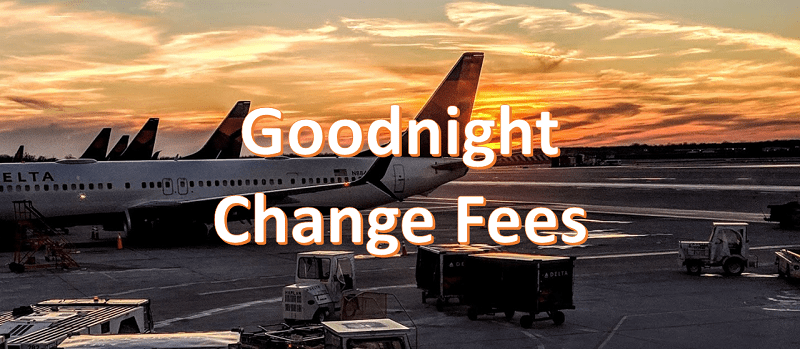Delta Air Lines recently announced that it has joined American Airlines and United Airlines in scrapping a range of ticket-change fees.
Last year, Delta accumulated US$830 million in change fees, more than any other US carrier. After suffering a pre-tax loss of US$7bn in Q2 2020, the last thing Delta needs is to be closing off such a valuable revenue stream.
However, the US airline industry was already hypercompetitive pre-COVID-19, and with airlines now battling for dominance in a severely reduced market, airlines such as Delta have no choice but to match competitor offerings, or risk being left behind permanently.
According to the most recent COVID-19 recovery survey, 53% of global consumers are either ‘quite’ or ‘extremely’ concerned about restrictions on local and domestic travel and 49% echo this sentiment for restrictions on international travel. This substantial level of concern around domestic and international travel restrictions has severely decreased traveler confidence, causing many consumers to cancel the entirety of their holiday itineraries for 2020 and possibly in to 2021. To stop this accelerating trend, travel companies need to be as flexible as possible, even if that does mean cutting off valuable revenue streams in the process.
Companies operating in a range of sub-segments within the global tourism sector have been dramatically changing long-standing policies around cancellation and change fees. This is to provide travelers with the new must-have when booking a trip in the ‘new normal’ – flexibility. Although cancellation and change fees help boost major travel companies’ top lines, flexibility is now a necessity for unsure travelers. Companies will now have to cater for this need as supply is undoubtedly exceeding demand in all areas of travel and tourism, creating a buyer’s market in the process.
#rebuildingtravel






















